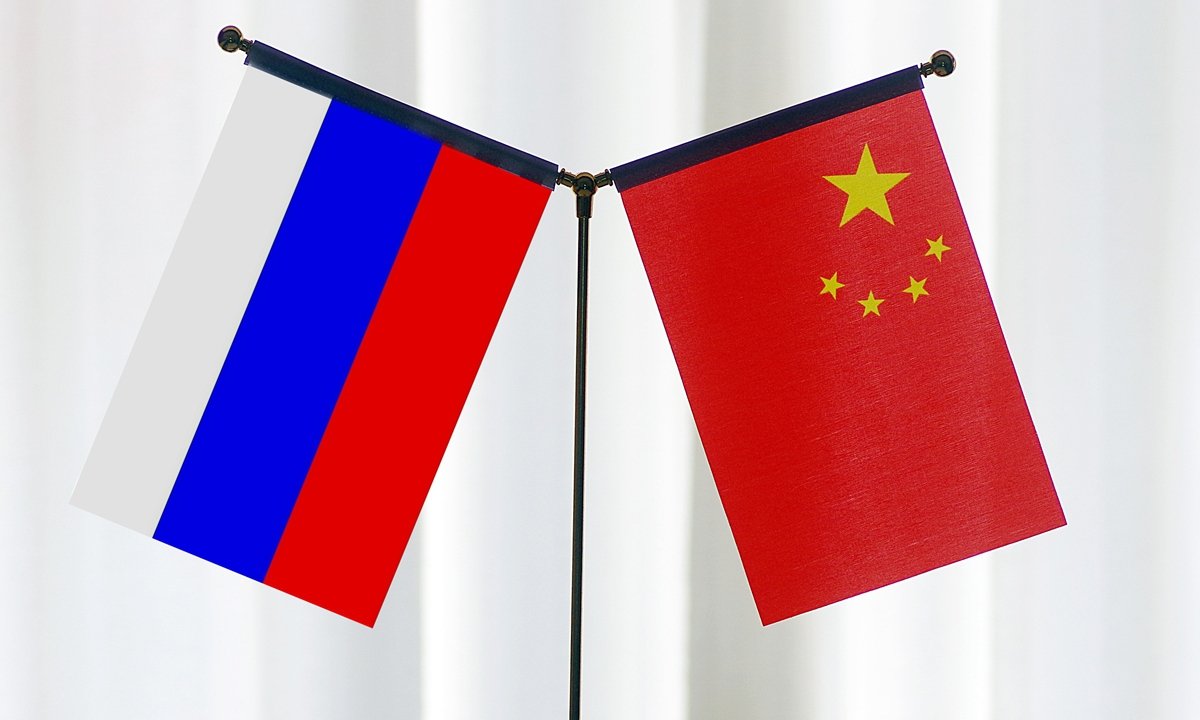China’s Foreign Minister Wang Yi and Russian Foreign Minister Sergei Lavrov reaffirmed the strong relations between their countries in a late Monday phone call, with Wang assuring Lavrov that China will maintain a fair position on the Ukraine crisis. Lavrov expressed gratitude for China’s constructive role, rejecting the Western narrative of a “rift” following the Jeddah talks.
Wang, also a member of the Political Bureau of the Communist Party of China (CPC) Central Committee, highlighted the progress in strategic cooperation since President Xi Jinping’s visit to Russia in March. Bilateral trade has reached new heights, energy cooperation has been steady, and people-to-people exchanges have quickly recovered. Wang emphasized the need to continue promoting the high-level development of the comprehensive strategic partnership between the two nations.
On the Ukraine crisis, Wang stressed China’s commitment to an impartial stance, the promotion of peace, and the encouragement of dialogue for political solutions. Lavrov praised China’s stance and welcomed its constructive role.
The phone call was seen as timely communication following the Jeddah talks, according to Cui Heng, a lecturer at the China-Shanghai Cooperation Organization training base for international judicial exchanges and cooperation. Cui explained that it showed the unique role China has played in the Ukraine issue and served as a genuine rebuttal to Western sensationalism. Russia’s positive response and China’s neutral stance were noted as being appreciated by the Russian side.
During the weekend, Chinese special envoy Li Hui attended talks in Jeddah, Saudi Arabia, where discussions were held for a feasible and durable peace settlement to the Ukraine crisis. Despite Western hype of China’s “possible shifts in tone,” experts stressed that China’s stance has not changed, and the attendance signaled a more mature timing for dialogue. They criticized such Western rhetoric as only seeking to create discord between Beijing and Moscow.
The phone call also covered the upcoming BRICS summit, set to take place in Johannesburg, South Africa, from August 22 to 24. More than 40 nations have expressed interest in joining the organization, with 22 formally requesting to join. Wang stated that the BRICS mechanism aligns with the times and that expansion is inevitable. He expressed China’s willingness to promote the healthy development of BRICS.
The West’s claims of “disagreements” among BRICS member states regarding expansion were dismissed by experts like Zhang Hong, an associate research fellow at the Institute of Russian, Eastern European and Central Asian Studies of the Chinese Academy of Social Sciences. Zhang explained that the construction of any international organization is gradual, and differences are normal. He criticized the West’s exaggeration of these differences as a typical conspiracy theory, arguing that the engagement in dialogue signifies a positive trend.
Wang’s comments sent a clear message to Russia and the world that, despite ongoing negotiations on the pace of the expansion, the overall direction is consistent. Another purpose of the Monday phone call was to prepare for upcoming high-level bilateral visits, such as Russian President Vladimir Putin’s planned visit to China in October for the Belt and Road Forum for International Cooperation.
In summary, the phone conversation between China’s Wang Yi and Russia’s Sergei Lavrov reinforces the robust relationship between the two nations. It touched on several critical areas, including the Ukraine crisis, bilateral cooperation, BRICS expansion, and upcoming visits. The dialogue between the two diplomats stands as a strong testament to the alignment of China and Russia’s interests, dispelling Western narratives of discord and highlighting a shared commitment to regional and global stability.
Read More:
